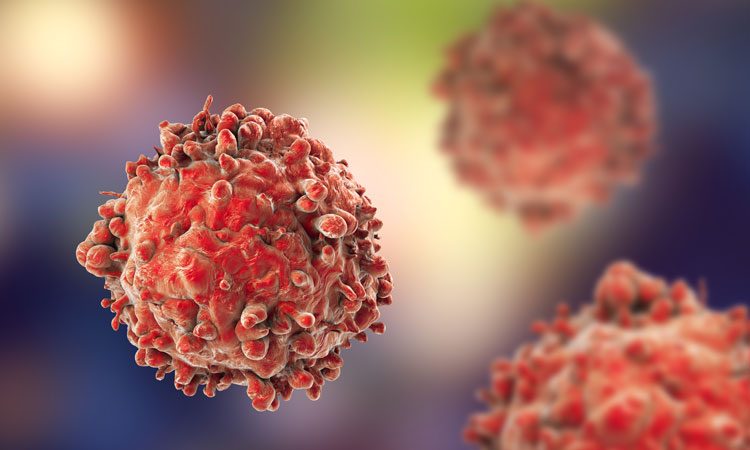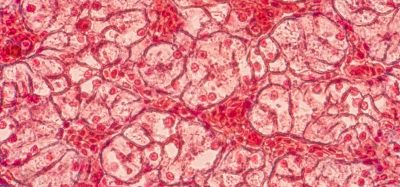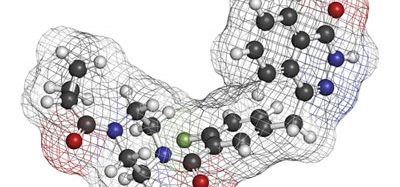Genetic variants influencing SR B-ALL relapse risk identified
Posted: 13 August 2024 | Drug Target Review | No comments yet
Genome and transcriptome sequencing revealed that subtypes such as TCF3/4::HLF were associated with an increased risk of relapse.


New genetic variants that influence relapse risk in children with standard risk B-cell acute lymphoblastic leukaemia (SR B-ALL) have been identified by researchers at St. Jude Children’s Research Hospital, Seattle Children’s and the Children’s Oncology Group (COG). These genomic predictors of relapse in SR B-ALL could improve diagnoses, precisely modify treatment intensity and potentially develop novel treatment approaches.
SR BALL is the most common childhood cancer. Although it has a great prognosis, with remission rates over 90 percent, around 15 percent of patients who achieve remission later experience a relapse. Previous research has concentrated on high-risk ALL subgroups, but this study is the first to examine genetic predictors on a large scale that affect relapse risk in SR B-ALL.
Charles Millighan, co-senior author and St. Jude Comprehensive Cancer Center Deputy Director and Department of Pathology member, explained: “This study focused on that group of poorly understood cases, where we know less about the features that influence the risk of treatment not working and the disease coming back.”
Genome and transcriptome sequencing
Genome and transcriptome sequencing was conducted on SR B-ALL samples that relapsed, as well as samples that stayed in complete remission in a 1:2 ratio. The team discovered that ALL subtypes, genetic alterations and patterns of aneuploidy were linked to the risk of, and time to, relapse.
A low frequency of relapse was observed in some B-ALL subtypes, such as hyperdiploid and ETV6::RUNX1 ALL. However, others like PAX5-altered, TCF3/4::HLF, ETV6::RUNX1-like and BCR::ABL1-like were associated with an increased risk of relapse. Importantly, the specific type of genetic changes within those B-ALL subtypes influenced the risk of relapse further.
This study exhibited that genetic variations and cancer subtypes impact relapse risk in SR B-ALL, as well as that patients classified as standard-risk can have tumours with high-risk features.
Mullighan concluded: “Children with SR ALL should have their tumour cell genome sequenced upon their initial diagnosis to identify if their tumour cells have these high-risk features, so that their initial therapy intensity can be increased.”
This study was published in Journal of Clinical Oncology.
Related topics
Cancer research, Drug Targets, Genomics, Sequencing
Related conditions
Cancer Research, standard risk B-cell acute lymphoblastic leukaemia (SR B-ALL)
Related organisations
Children’s Oncology Group (COG), Seattle Children’s, St Jude Children’s Research Hospital, St. Jude Comprehensive Cancer Center
Related people
Charles Millighan (St. Jude Comprehensive Cancer Center)








